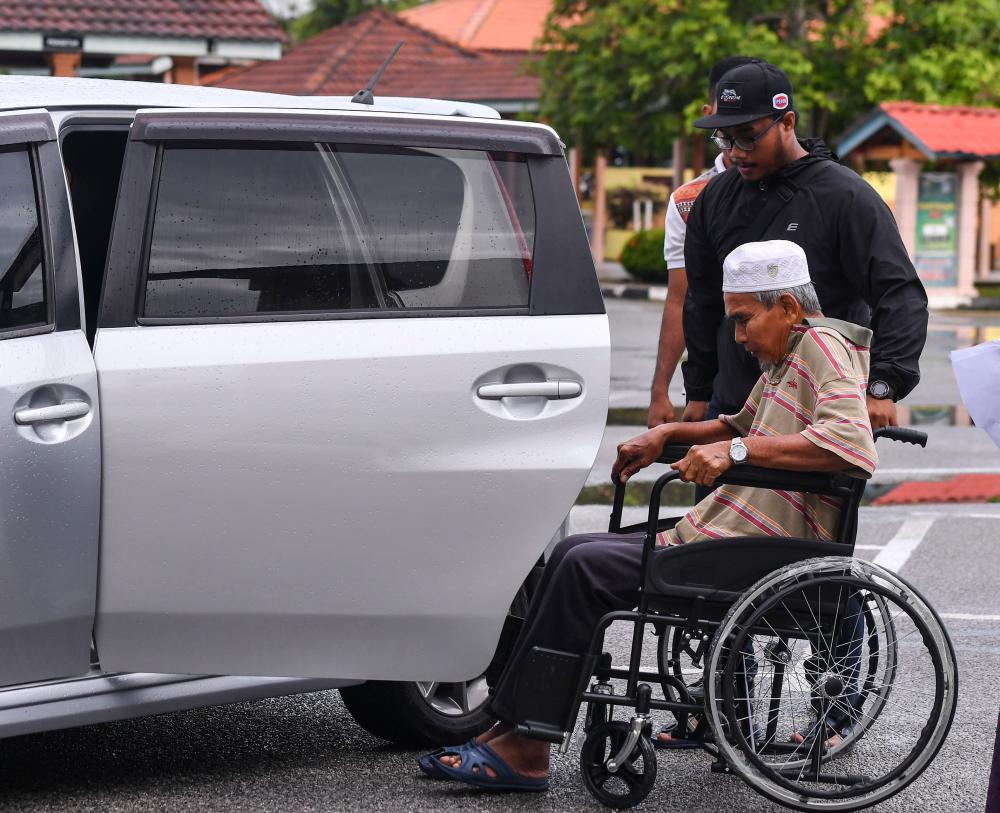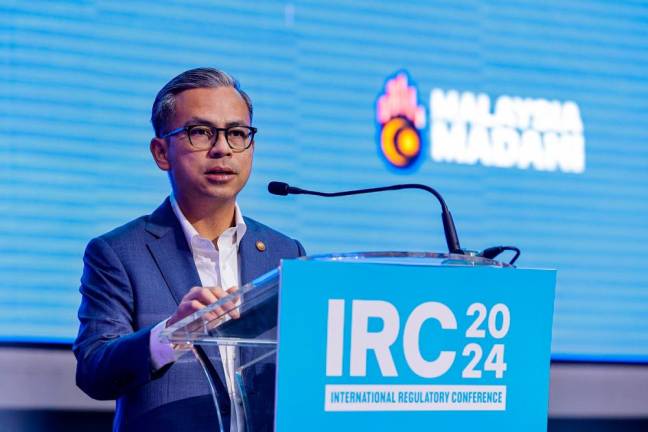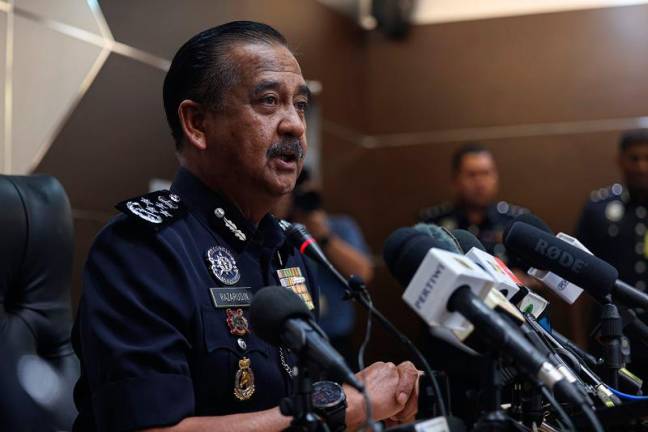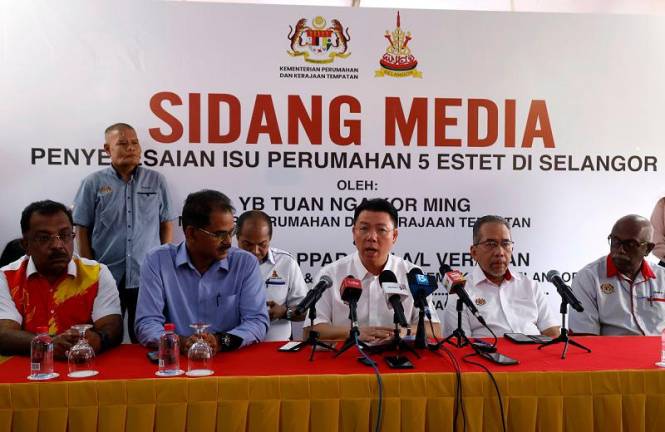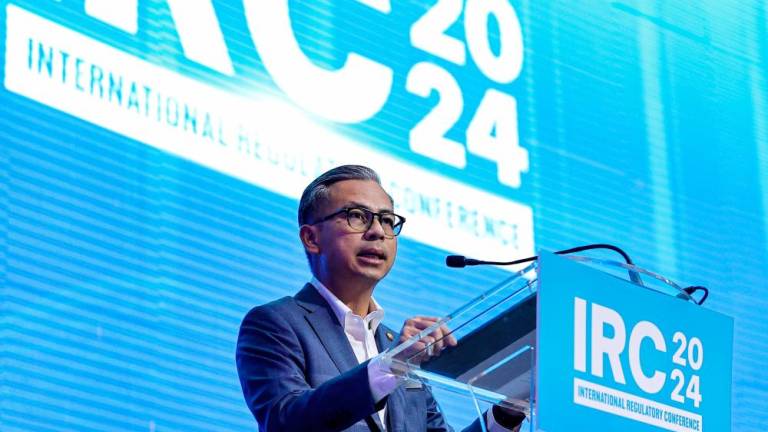I READ with interest the announcement by Transport Minister Anthony Loke on the introduction of the on-demand transit van service, or demand-responsive transit (DRT), in the Klang Valley to enhance public transportation interconnectivity.
It was reported that part of the RM50 million allocation under Budget 2024 to enhance public transportation will be used to purchase vans, with Prasarana being tasked to oversee the operations.
The ministry wants Prasarana to forge cooperation with companies offering van-on-demand services to expand the initiative in the Klang Valley.
The implementation of the DRT service is likely to be done in collaboration with Kumpool, a renowned transportation service provider.
Kumpool is a ride-pooling transportation service in Malaysia that offers faster, cost-effective and better commuting experience to commuters.
As Kumpool operates on a “ride-sharing” concept, the fare can be as low as RM1 or RM2 per ride, thus making it more affordable compared with other e-hailing rides.
I wish to draw attention to the response given by Kumpool in its Frequently Asked Questions (FAQs) section on its website:
Question: “Can Kumpool accommodate wheelchairs, baby strollers, luggage or large parcels?
Answer: “We are currently unable to accept such requests.”
What is unacceptable is that the disabled and elderly commuters in wheelchairs and children in strollers and their mothers are being excluded from this initiative. Why are these groups being sidelined?
The Persons With Disabilities Act 2008 (PWD Act) on “Access to Public Transport Facilities” Article 27 states:
Persons with disabilities shall have the right to access to and use public transport facilities, amenities and services open or provided to the public on an equal basis with persons without disabilities,
1. For purposes of subsection (1), the government and providers of such public transport facilities, amenities and services shall give appropriate consideration and take necessary measures to ensure that such facilities, amenities and services conform to universal design to facilitate their access and use by persons with disabilities.
We urge Kumpool to remove the discriminatory response in the FAQs. In accordance with the PWD Act, Kumpool should take the necessary measures by providing wheelchair-accessible vans or vehicles, fitted with universal features, to enable easy access by persons with disabilities, elderly persons in wheelchairs and children in strollers and their mothers.
With the advancement of technologies, Kumpool can also look into providing accessible booking applications, real-time travel information and tracking, among others, to enhance their services. Training is necessary to prepare drivers on how to serve the community better.
Kumpool needs to engage with PWD and other stakeholders to gather feedback and inputs, in ensuring the services meet their needs and expectations.
Kumpool must be ready to serve all communities including the marginalised and underserved groups, who may need this service the most.
It is important to make mobility services accessible, safe and affordable for all communities.
Kumpool should also extend door-to-door service, within the service zones, to those vulnerable groups for their safety and security.
They include wheelchair users, people with walking difficulties, people with learning disabilities, autism, dementia, the blind and other disabled commuters, elderly persons and children and mothers.
This service is important given the lack of safe and friendly pedestrian sidewalks leading to/from Kumpool pick-up/drop-off points.
Allocate funds to purchase wheelchair-accessible vans/vehicles so that no one is left behind.
Public transport must be inclusive, fair and equitable to all. This initiative will serve as a step in the right direction in promoting accessible rides and encouraging more ride-sharing and e-hailing service providers to come forward to do the same.
Currently, none of the ride-sharing and e-hailing services are wheelchair accessible. Very often, our bookings for e-hailing services are turned down if we mention that we are wheelchair-bound.
Contrary to the general perception, not all of us live in institutional homes. We do not travel to hospitals or clinics only. Our journeys can be to anywhere, anytime. We take public transport just like anyone else.
Accessible public transport and mobility services will help promote tourism. The World Health Organisation estimates 1.3 billion people experience moderate to significant disability. This represents 16% of the world’s population or one in six of us.
If their spouses, children, caregivers and family members are included, the number is easily doubled. While this signifies a huge potential market for travel and tourism, it remains vastly untapped due to the lack of accessible public transport and mobility services as well as accessible tourism facilities and services.
With Visit Malacca Year 2024 and Visit Malaysia Year 2026, providing accessible DRT service will be a timely move in helping Malaysia become a favourite holiday destination.
Therefore, we call on Loke to ensure that Kumpool and other ride-sharing and e-hailing service providers in the country take appropriate measures to offer accessible mobility services in the Klang Valley and other states.
To promote this initiative, the Transport Ministry can consider giving incentives to companies and their drivers for providing accessible DRT service.



